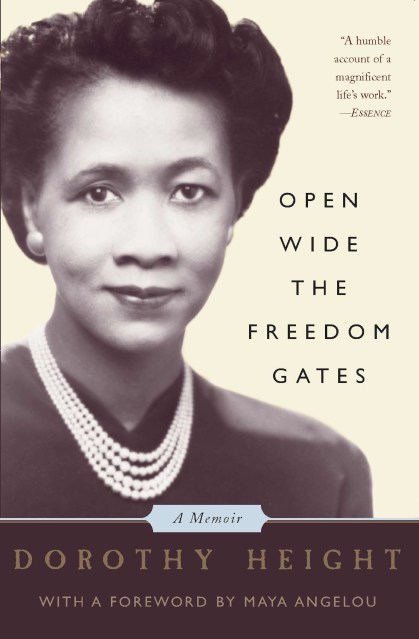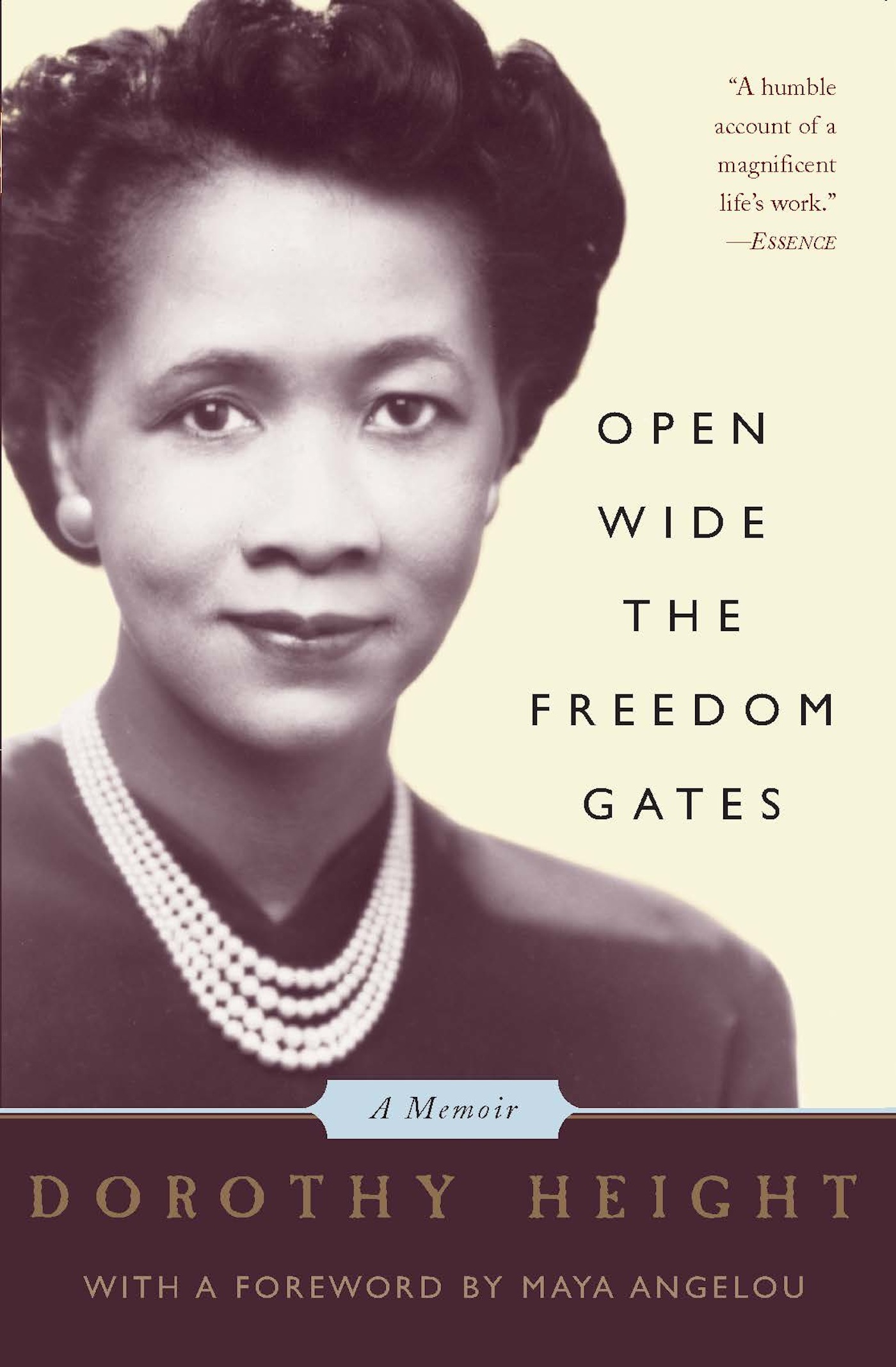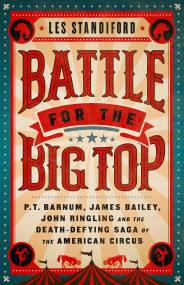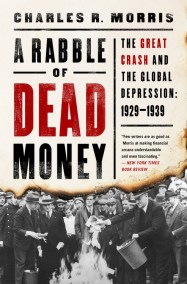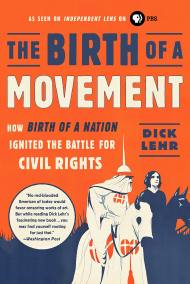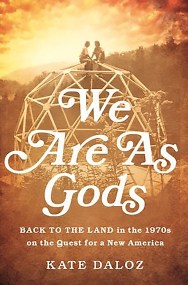By clicking “Accept,” you agree to the use of cookies and similar technologies on your device as set forth in our Cookie Policy and our Privacy Policy. Please note that certain cookies are essential for this website to function properly and do not require user consent to be deployed.
Open Wide The Freedom Gates
A Memoir
Contributors
Formats and Prices
- On Sale
- Apr 28, 2009
- Page Count
- 344 pages
- Publisher
- PublicAffairs
- ISBN-13
- 9780786739752
Price
$9.99Price
$12.99 CADFormat
Format:
- ebook $9.99 $12.99 CAD
- Trade Paperback $15.99 $18.50 CAD
This item is a preorder. Your payment method will be charged immediately, and the product is expected to ship on or around April 28, 2009. This date is subject to change due to shipping delays beyond our control.
Buy from Other Retailers:
After the fierce battles of the 1960s, Dr. Height concentrates on troubled black communities, on issues like rural poverty, teen pregnancy and black family values. In 1994, her efforts are officially recognized. Along with Rosa Parks, she receives the Presidential Medal of Freedom, the nation’s highest civilian honor.
Newsletter Signup
By clicking ‘Sign Up,’ I acknowledge that I have read and agree to Hachette Book Group’s Privacy Policy and Terms of Use
